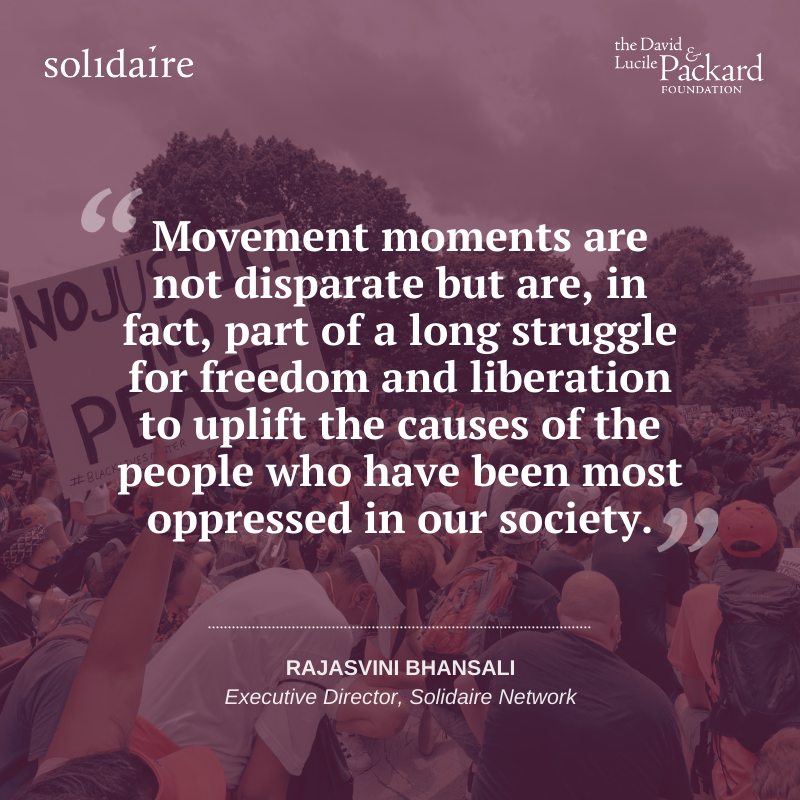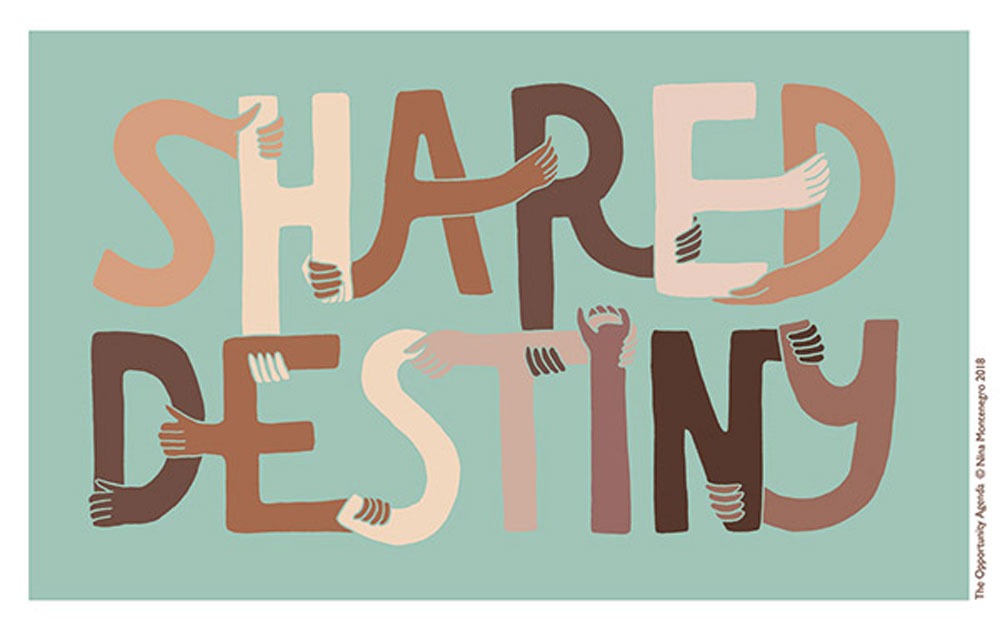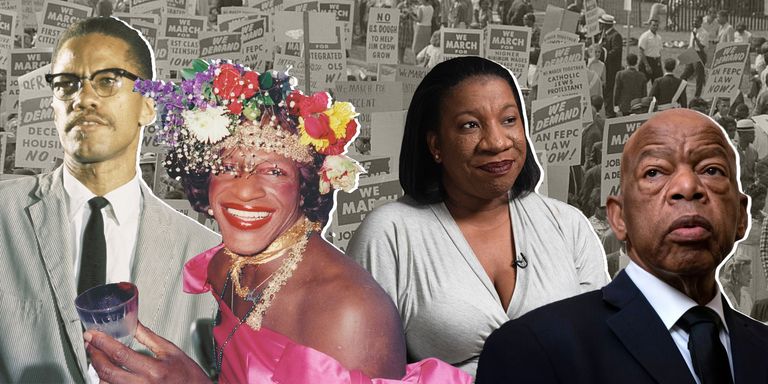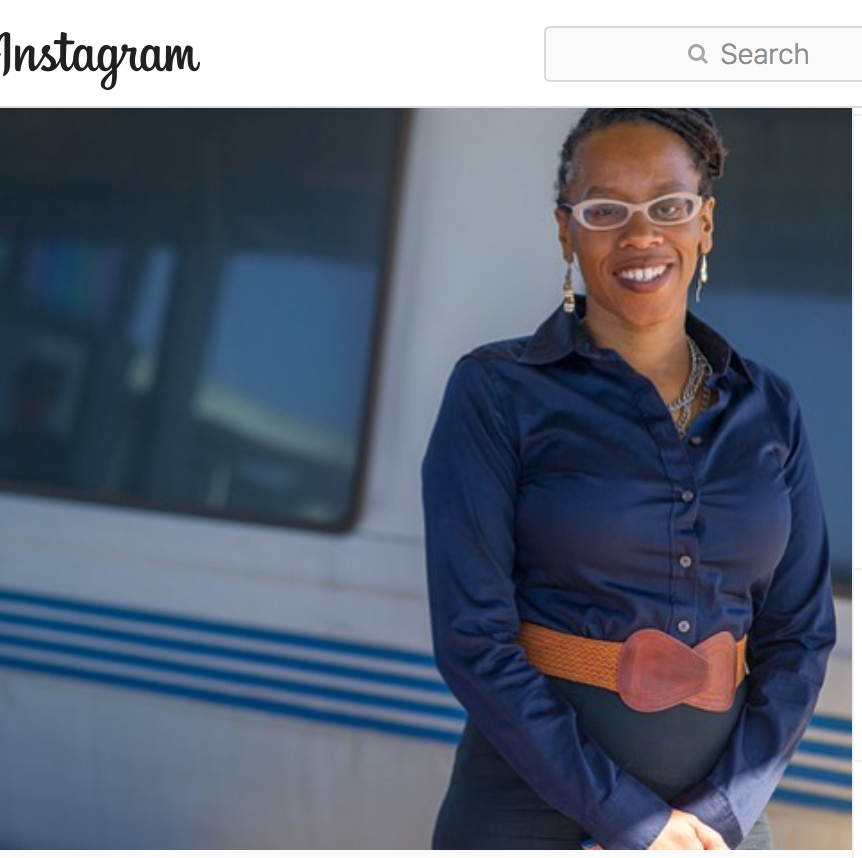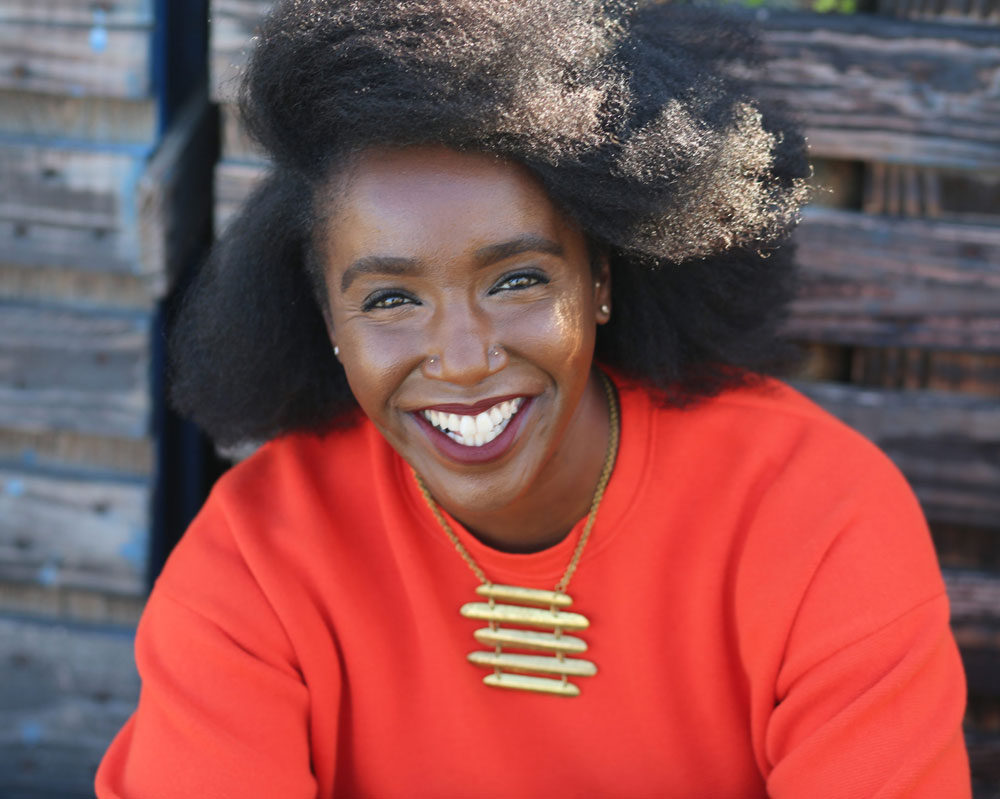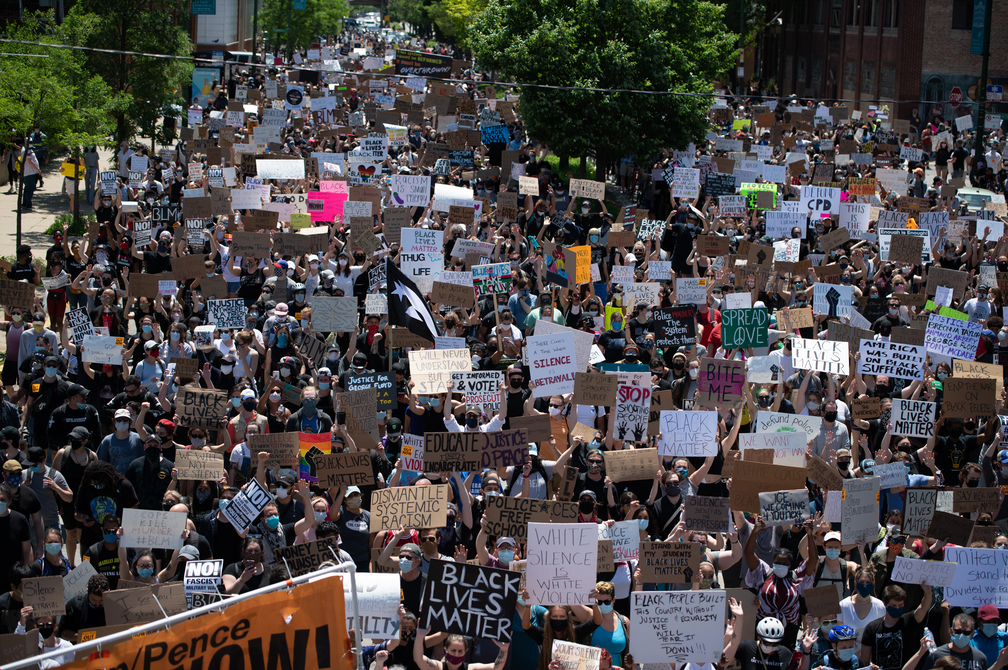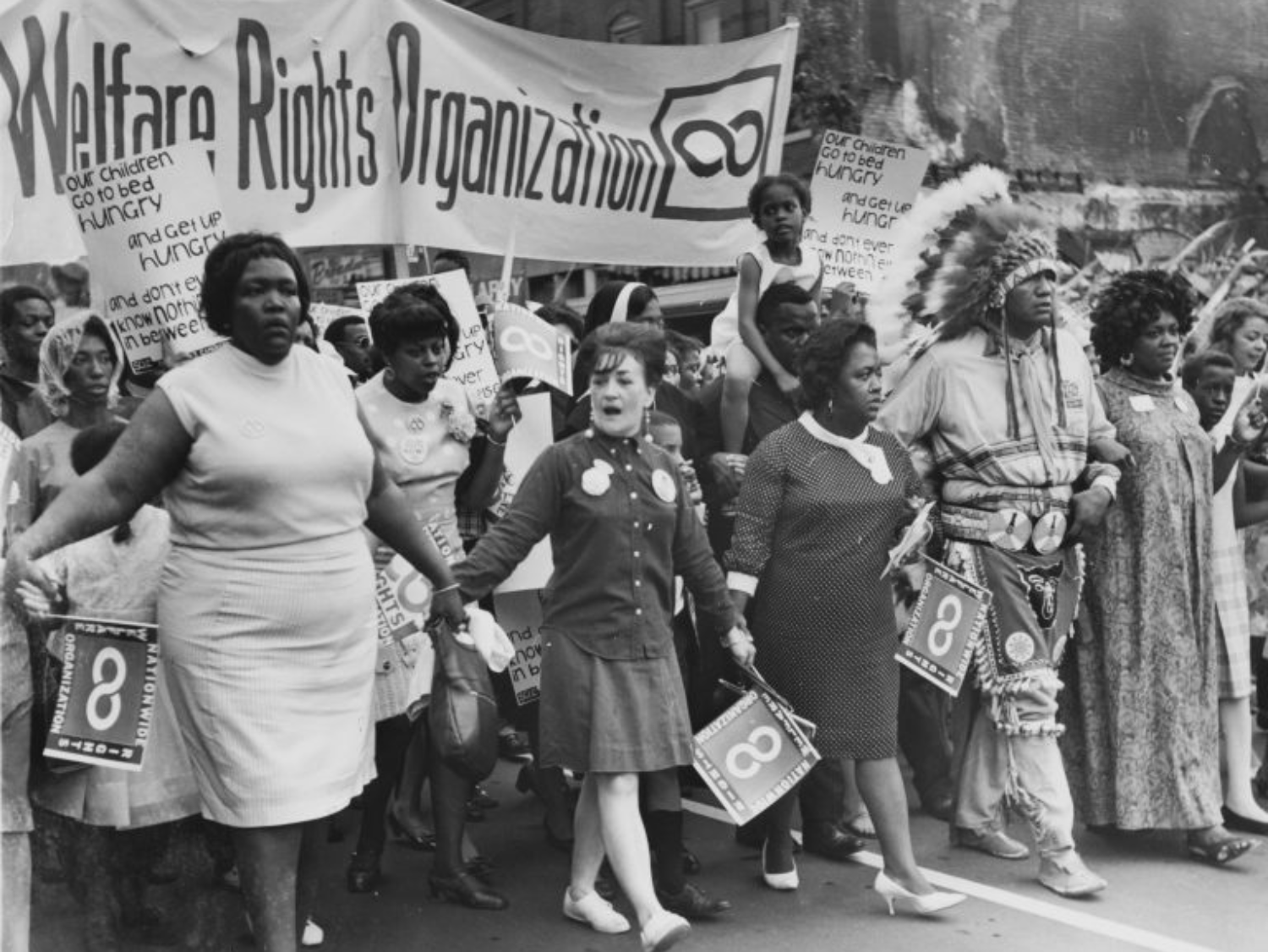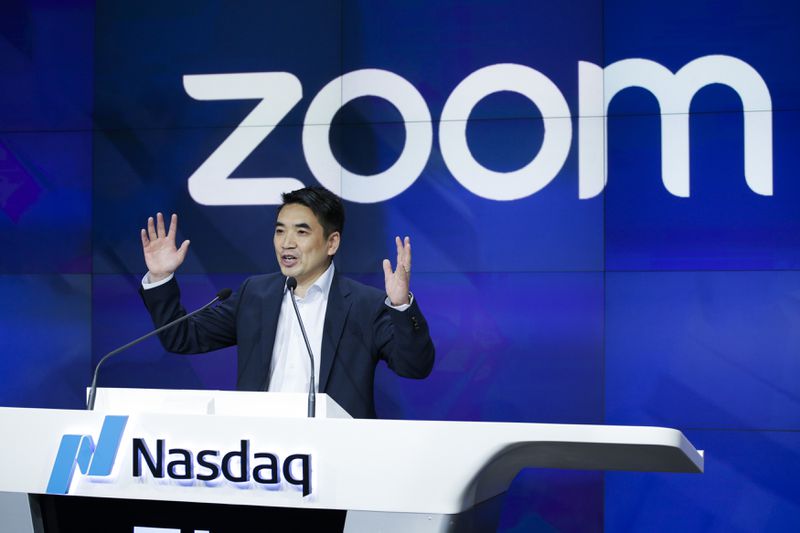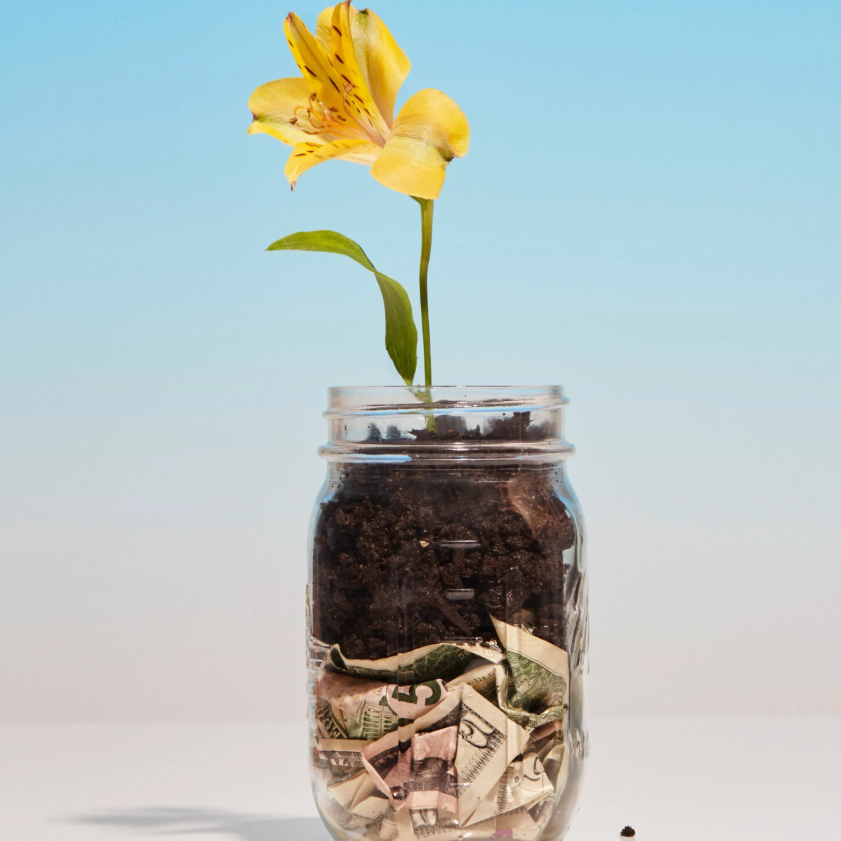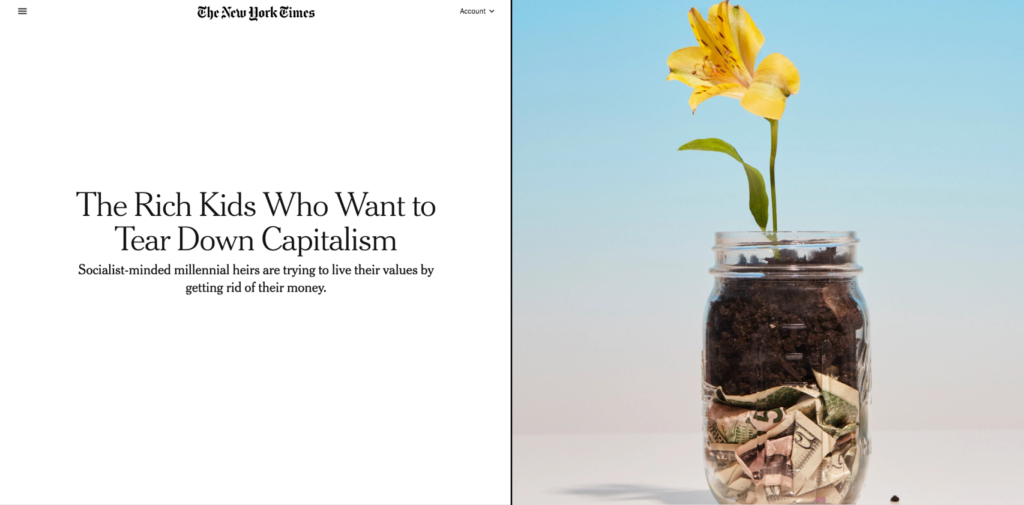Category: News
Responding to the Movement Moment
Responding to the Movement Moment
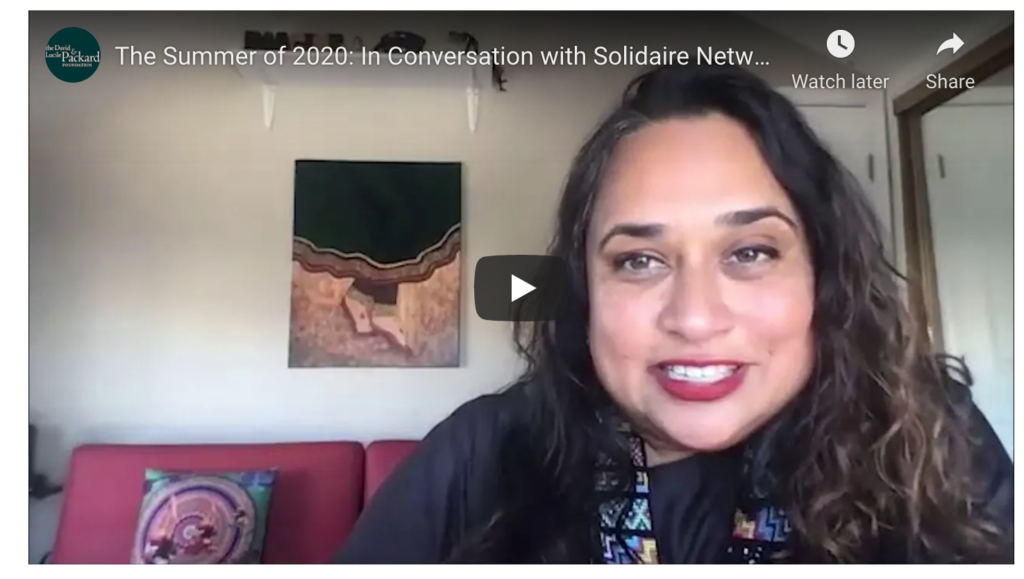
We got here because of the Occupy Wall Street movement, the Arab Spring moment, the Black Lives Matter movement — these efforts told our founders that there was a real necessity for people with wealth who are already working with movements to respond immediately when a movement moment arises. Movement moments are not disparate but are, in fact, part of a long struggle for freedom and liberation to uplift the causes of the people who have been most oppressed in our society.“Responding to the Movement Moment,” Insights – The David and Lucile Packard Foundation / February 9, 2021
What the Attack on the Capitol Might Mean for Philanthropy
At Their Doorstep: What the Attack on the Capitol Might Mean for Philanthropy
 Inside Philanthropy checks in with democracy funders and grantmakers—including our executive director Rajasvini Bhansali—to hear their thoughts on philanthropy’s responsibilities (and shortcomings) in light of the January 6th white supremacist domestic terrorism attack on the Capitol. The question on everyone’s mind: how do we safeguard U.S. democracy? For Solidaire, the answer lies in doubling down on investing in racial justice movements:
Inside Philanthropy checks in with democracy funders and grantmakers—including our executive director Rajasvini Bhansali—to hear their thoughts on philanthropy’s responsibilities (and shortcomings) in light of the January 6th white supremacist domestic terrorism attack on the Capitol. The question on everyone’s mind: how do we safeguard U.S. democracy? For Solidaire, the answer lies in doubling down on investing in racial justice movements:
Rajasvini Bhansali, who leads Solidaire, emphasized the importance of funding Black-led organizing in particular. “Ultimately, Black-led social change forges alliances that propel broad and deep societal transformation, and yet philanthropy withholds the resources needed to fully power movements,” she said. “Philanthropy must incur far greater political and financial risk to repair ongoing harms of its disinvestment from Black, indigenous and people of color organizing.”
“At Their Doorstep: What the Attack on the Capitol Might Mean for Philanthropy” by Philip Rojc, Inside Philanthropy / January 15, 2021
Read the full article here.
Transfer of Power: The Deeper Shift We Need
Transfer of Power: The Deeper Shift We Need

Solidaire member Crystal Hayling of the Libra Foundation writes of this week’s presidential transfer of power—and how we must embrace the community power that brought us to this moment. “If we want to know how, we ought to listen to Black women,” she writes. “They know how because they’re doing it already.”
Organizing brought us the Movement for Black Lives and sustained multiracial protests for justice. Organizing secured the Biden-Harris win. Organizing won Georgia. Community organizers are leading the frontline that is protecting our democracy and providing the fuel that will allow our leaders to soar. But if our communities’ power is minimized or ignored, those same leaders will find themselves mired in meaningless deal-making while the nation crumbles. This struggle is far from over—it’s just getting started. We are the only ones who can guarantee that our sense of power does not evaporate as the tough decisions begin.
“Transfer of Power: The Deeper Shift We Need” by Crystal Hayling, Nonprofit Quarterly / January 18, 2021
Read the full article here.
Oprah Magazine Names Solidaire Board Member and Movement Partners Among “25 Civil Rights Leaders of Past and Present”
Oprah Magazine Names Solidaire Board Member and Movement Partners Among “25 Civil Rights Leaders of Past and Present”

Lateefah Simon (1977-)
Based in Oakland and the Bay Area, Simon has earned national recognition as a civil rights advocate since becoming the youngest person ever to receive the MacArthur Foundation “Genius” Award in 2003. After the tragic police killing of Oscar Grant, Simon was elected to the Bay Area Rapid Transit Board of Directors and is now president. In this position, she influences policy through the lens of racial justice. Simon was also executive director of the Lawyers’ Committee for Civil Rights of the San Francisco Bay Area, and led San Francisco’s reentry anti-recidivism youth services division under Vice President-elect Kamala Harris’s time as District Attorney.
“25 Civil Rights Leaders of Past and Present” by McKenzie Jean-Philippe, Oprah Magazine / January 15, 2021
Read the full article here.
Rejecting False Harmony: How Philanthropy Can Support Real Healing
Rejecting False Harmony: How Philanthropy Can Support Real Healing

Nwamaka Agbo, CEO of Solidaire member Kataly Foundation, wrote a piece for Nonprofit Quarterly to discuss how philanthropy can support accountability and true healing in light of the white supremacist attempted coup on January 6th:
Accountability is as much about rejecting the things that we do not want for our society as it is about supporting, building, and investing in the systems, structures, and institutions that we do want. In case it was not clear before, philanthropy—an industry that is supposed to benefit the public good—can no longer take a neutral stance in the face of what we experienced last week. To make calls for healing without accountability actually enables the erosion and destruction that has been a slow-burn to our democracy over the past four years, but long before that as well.
“Rejecting False Harmony: How Philanthropy Can Support Real Healing” by Nwamaka Agbo, Nonprofit Quarterly / January 13, 2021
Read the full article here.
At the Kataly Foundation, a Pritzker Heir Pursues the Democratization of Wealth
At the Kataly Foundation, a Pritzker Heir Pursues the Democratization of Wealth

The work of the Kataly Foundation, an institutional member of Solidaire and co-founded by Solidaire member Regan Pritzker, is featured in Inside Philanthropy. The article highlights how the foundation—a spend-out fund that moves resources to support the economic, political, and cultural power of Black and Indigenous communities, and all communities of color—is out to push boundaries and critique the philanthropic status quo:
Pritzker has made a point of involving herself in progressive donor organizing platforms like Resource Generation and Solidaire, where participants are willing to lean into the “taboo topic” of personal wealth. “I would love to see Kataly set a tone that it’s OK and necessary for philanthropy to resource at a big scale these projects that are holding the vision of a transformed society that is regenerative and sustainable,” she said.
“At the Kataly Foundation, a Pritzker Heir Pursues the Democratization of Wealth” by Philip Rojc, Inside Philanthropy / January 5, 2021
Read the full article here.
Philanthropies Condemn Political Violence & Call on Leaders to Protect Democracy
Philanthropies Condemn Political Violence, Call on Leaders to Protect Democracy and Get Back to the People’s Business
Solidiare stands in solidarity with the coalition of philanthropic organizations condemning this week’s violence at the U.S. Capitol. We call on leaders to help our democracy live up to its ideals. An excerpt from the joint statement reads:
As the U.S. faces the most dire global health emergency in 100 years, the worst economic crisis in modern history, and a racial reckoning overdue for centuries, it is time to move on from last year’s election, cease further delays in the transition of power, and turn to governance. To our duly elected leaders, we urge you to follow facts and let science lead the way toward solving the COVID-19 crisis. We encourage you to listen to diverse voices — including those of people who have been overlooked, forgotten, and excluded, and who are facing persistent threats to their lives and livelihoods. We call on you to repair our tattered social fabric and help our democracy live up to its ideals. And we stand ready to work with you to move our country forward and increase opportunity for all who call it home.
Read the full statement here.
To add your name as a signatory of this statement, please fill out the form here.
The Activist Roots of Black Feminist Theory
The Activist Roots of Black Feminist Theory

In an article for Organizing Upgrade, our inaugural Movement Elder-in-Residence Linda Burnham writes about the origins of contemporary Black feminist theory. While academia gets much of the credit, Linda provides a corrective to the misperception and shares how Black women activists in the civil rights and Black Power movements were critical to the theory’s genesis:
The wisdom and insight that emerge from such collective, mass-based inquiry cannot be attributed to the brilliance of a few individuals, although key individuals may play critical roles in sharpening, synthesizing, articulating or documenting the emergence of new concepts out of political struggle. No advanced degrees were required to participate in the discussions out of which emerged the concepts of the both/and of Black women’s reality, the simultaneity of their oppression, and the intersection of race, class and gender. It was, rather, the theoretical production of thoughtful, committed, courageous, and highly engaged women, some of whom went on to elaborate their views in the context of the academy, the vast majority of whom did not. Let us not forget their immeasurable contribution to our current thinking about women’s condition and the dynamics of social oppression.
“The Activist Roots of Black Feminist Theory” by Linda Burnham, Organizing Upgrade / December 15, 2020
Read the full article here.
Linda Burnham, Solidaire’s Movement Elder-in-Residence, is a movement leader, activist, and organizer with a lifelong commitment to feminist power building. In addition to founding and leading the Women of Color Resource Center for almost two decades, Linda has served as the National Research Director for the National Domestic Workers Alliance (NDWA) and is an author of seminal articles of left strategy.
New Charitable Standard Would Effectively Double Average Annual Rate of Giving
New Charitable Standard Would Effectively Double Average Annual Rate of Giving

In an op-ed for The New York Daily News, Solidaire member Alan S. Davis challenges the nation’s wealthiest individuals and foundations to a new charitable standard. He explains how he’s growing a community of responsible philanthropists who are responding to the COVID-19 crisis in a meaningful way:
As many as 40% of our nation’s nonprofits may be forced to close for good over the next 12 months just when they’re needed more than ever to rebuild America’s safety net. If that weren’t jarring enough, philanthropic giving from those best positioned to help avert an unprecedented funding crisis — our nation’s billionaires – hasn’t come anywhere close to keeping pace with their exploding wealth during the pandemic.
Appalled by this status quo, a group of 55 — that included me, several Ultra-High Net-Worth Individuals and highly respected foundations — have decided to challenge the nation’s wealthiest individuals and foundations to a new charitable standard that establishes a minimum level of charitable giving from America’s wealthiest individuals and foundations. It would effectively double their average annual rate of giving.
“Billionaires getting richer, charities struggling: The other COVID crisis” by Alan S. Davis, The New York Daily News / December 8, 2020
Read the full op-ed here and find out more about The Crisis Charitable Commitment here.
Solidaire Members in The New York Times
Solidaire Members in The New York Times
This recent New York Times article features several Solidaire members discussing how they’re redistributing their wealth and investing in community and grassroots social justice work.
Of course, an individual act of wealth redistribution does not, on its own, change a system. But these heirs see themselves as part of a bigger shift, and are dedicated to funding its momentum.
“The Rich Kids Who Want to Tear Down Capitalism” by Zoë Beery, New York Times / November 27, 2020
Read the full article here.
